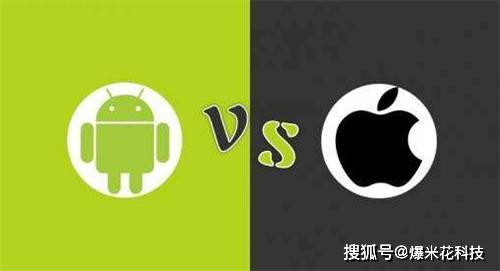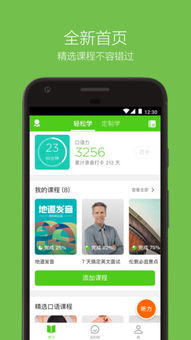
苹果安卓系统英语,Introduction to Apple and Android Systems
时间:2024-12-14 来源:网络 人气:
Introduction to Apple and Android Systems

In today's digital age, the choice between Apple's iOS and Android operating systems is a significant decision for many smartphone users. Both systems offer unique features and functionalities, catering to different user preferences and needs. This article aims to provide an overview of Apple's iOS and Android systems, highlighting their key characteristics and how they stand in the competitive smartphone market.
Apple's iOS: A Closed Ecosystem

Apple's iOS is a closed-source operating system exclusively designed for its hardware, primarily the iPhone, iPad, and iPod Touch. Known for its seamless integration and user-friendly interface, iOS offers a consistent experience across all Apple devices. Here are some key features of iOS:
Security and Privacy: iOS is renowned for its robust security features, ensuring user data remains protected.
App Store: Apple's App Store offers a vast collection of high-quality applications, with strict guidelines for app developers.
Design and Aesthetics: iOS devices are known for their sleek design and elegant aesthetics.
Performance: iOS devices are optimized for performance, providing a smooth and responsive user experience.
Android: An Open Source Platform

Android, developed by Google, is an open-source operating system that powers a wide range of smartphones and tablets from various manufacturers. This open nature allows for customization and innovation, resulting in a diverse ecosystem of devices. Here are some key features of Android:
Customization: Users can personalize their devices with different launchers, themes, and widgets.
Choice of Hardware: Android devices come in various shapes, sizes, and price ranges, catering to different user preferences.
Google Services: Android devices offer seamless integration with Google's suite of services, including Gmail, Google Maps, and YouTube.
Community and Development: The open-source nature of Android fosters a strong community of developers, resulting in a continuous stream of new features and improvements.
Comparing iOS and Android: Pros and Cons

When comparing iOS and Android, it's essential to consider the following factors:
Security and Privacy
iOS is generally considered more secure and private due to its closed ecosystem and strict app review process. Android, on the other hand, offers more flexibility but may be more susceptible to security threats.
Customization and Choice
Android devices offer a wide range of customization options and hardware choices, making them suitable for users who prefer a more personalized experience. iOS devices, while offering fewer customization options, provide a consistent and polished user interface.
App Quality and Availability
The App Store offers a vast collection of high-quality applications, with strict guidelines for app developers. Android's Google Play Store also offers a wide range of apps, but the quality and variety may vary.
Cost
Android devices are generally more affordable than iOS devices, offering a wider price range to cater to different budgets.
Conclusion

Choosing between Apple's iOS and Android systems ultimately depends on individual preferences and needs. iOS offers a secure, consistent, and polished experience, while Android provides customization, choice, and affordability. By understanding the key features and differences of each system, users can make an informed decision that best suits their lifestyle.
Tags

Apple, iOS, Android, operating systems, smartphone, mobile devices, security, customization, app store, Google, open-source
相关推荐
教程资讯
教程资讯排行













